This project aims to achieve 100% full immunization coverage in India, particularly among marginalized and hard-to-reach populations like tribal groups. It builds upon the success of existing immunization programs by addressing remaining gaps through Human-Centered Design (HCD).
While national coverage has improved significantly, substantial variations exist at the state and district level. This project focuses on Uttar Pradesh (Bahraich & Firozabad) and Meghalaya (Ribhoi & West Jaintia Hills) to bridge this gap and ensure "no one is left behind."
This project leverages behavioural science to understand the factors influencing vaccine confidence and uptake among tribal communities. We utilize two key frameworks:
The COM-B model helps us identify where challenges lie within these factors for vaccine uptake.
By combining the COM-B model and the TDF, we gain a deep understanding of the psychological and social factors influencing vaccine uptake among tribal communities allowing us to design targeted interventions that address specific barriers and promote positive behavior change.
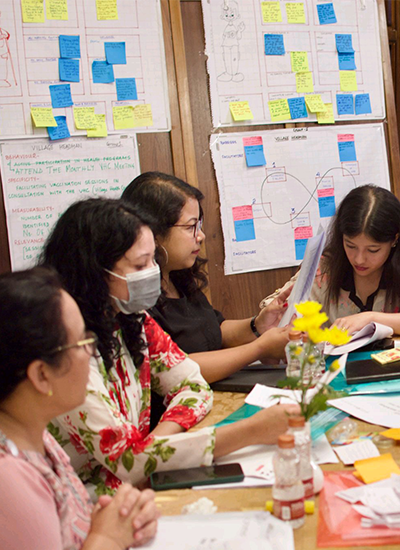
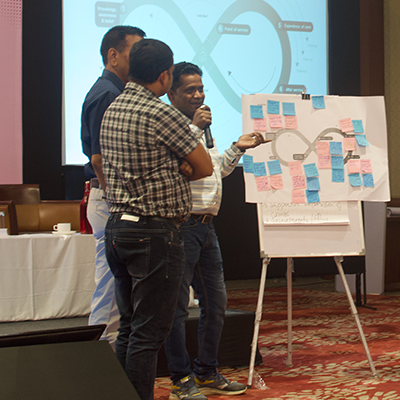

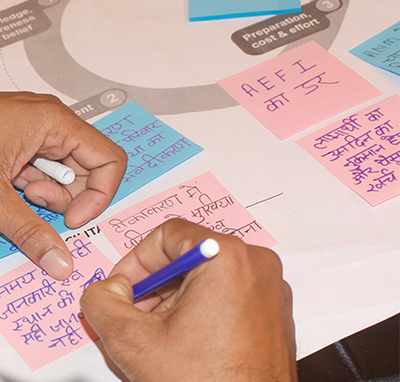
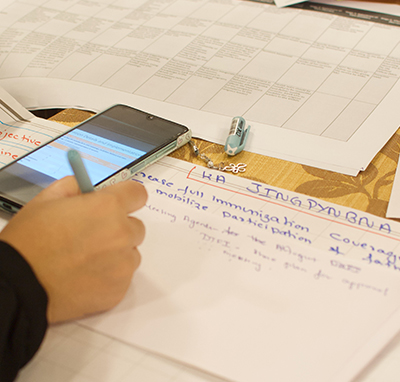
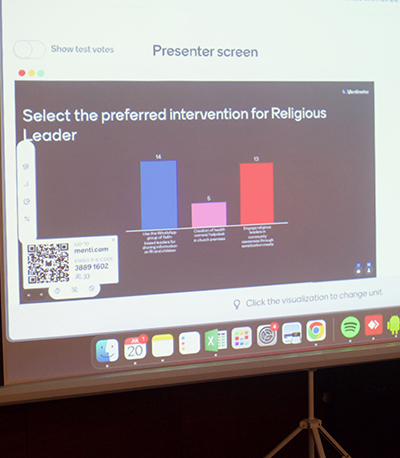

We employed a three-pronged approach:
By focusing on Human-Centered design, this project focuses on development of interventions that are not only effective but also sustainable and user-friendly for tribal communities.
A Mixed-Methods Behavioural Insights Study to Improve Routine Immunization Uptake in Uttar Pradesh and Meghalaya, India
Study to Test the Effectiveness, Feasibility, and Acceptability of a Designed Intervention for Improved Routine Immunization Uptake